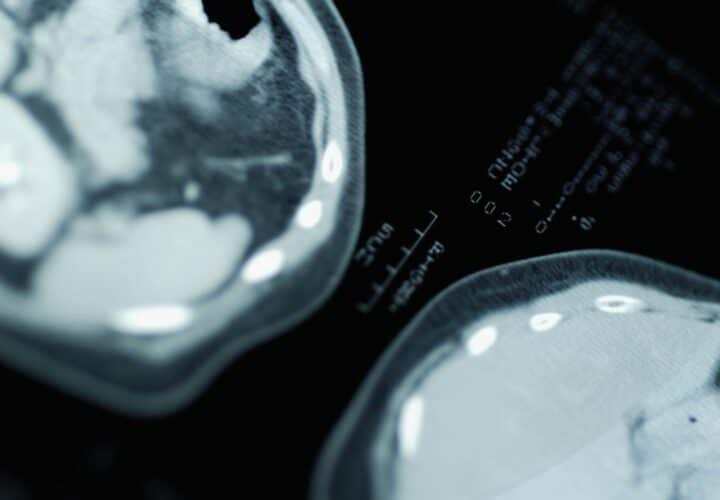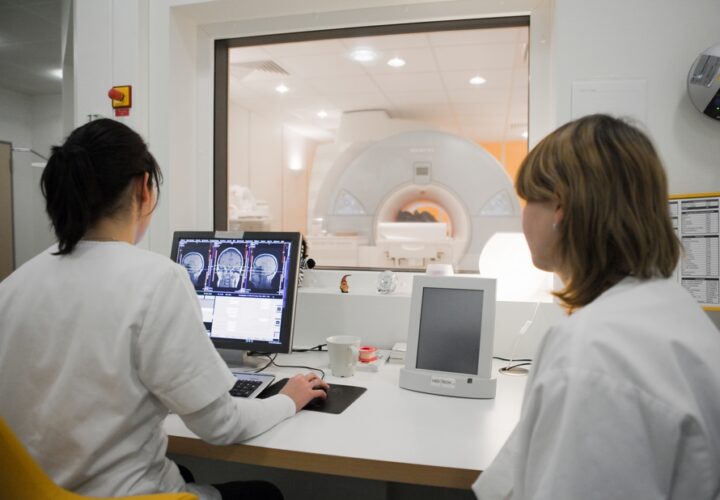People diagnosed with cancer are less likely to develop dementia. Scientists probe the strange relationship between these diseases seeking clues for dementia prevention.
Dementia is increasingly prevalent, but there are ways to reduce your risk. For example, eating a Mediterranean-style diet and getting regular exercise are shown to lower a person’s chances of developing Alzheimer’s and related forms of dementia. These healthy lifestyle choices influence the brain’s metabolism and promote cardiovascular health. It isn’t so terribly surprising that they would be good for brain health. Meanwhile, researchers are looking at other, less healthy factors that also appear to decrease dementia risk. One unexpected one: developing cancer.
People diagnosed with cancer are ten percent less likely to develop dementia and 15 percent less likely to develop Alzheimer’s. Another study looked at 3,800 people with dementia and tested their cognition over five years. Did those with a previous cancer diagnosis show improved levels of cognition?
“Those who do [get dementia] seem to experience better cognition at diagnosis and over time than those without a prior cancer diagnosis,” Mackenzie E. Fowlerat the Marnix E. Heersink School of Medicine, the study’s lead author, said of the findings.
How could cancer reduce the risk of developing dementia?
Scientists are testing whether the causes of cancer — uncontrolled cell division and a lack of cell death — can tell us something about Alzheimer’s and dementia. If a person has an underlying genetic risk for cancer that makes their cells less likely to die, this may provide benefits for the brain. Perhaps the brain isn’t able to make enough new brain cells or connections, leading to progressive cognitive decline.
These effects may also be partially explained by different biases across studies of cancer and dementia. Maybe people with Alzheimer’s and dementia are more prone to developing cancer later in life, when it is less likely to be spotted. People who develop Alzheimer’s or dementia might not be screened for cancer, because they may not be able to describe the symptoms or pay for the diagnostics.
It could be simpler than all that: It’s possible that people with cancer are less likely to live long enough to develop dementia, which typically affects one in nine people over 65, and one in three people over 85. If this is the case, it’s possible cancer actually has the opposite effect, increasing the likelihood of dementia. But so far there is no way to know.
Treating dementia on a cellular level
If cancer really is a protective factor against dementia, it suggests that we may be able to stop or treat it by prolonging the life of existing neurons and promoting the birth of new neurons.
Scientists are looking at other, creative ways of achieving this same effect of new brain cells: for example, Injecting young lab-grown neurons to replace the ones that die. This has already proven a promising treatment in dogs, which develop a form of neurodegeneration — canine cognitive decline — that seems to behave a lot like cognitive decline in humans. Soon, this treatment will head into human clinical trials.





